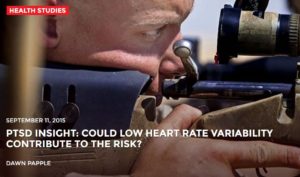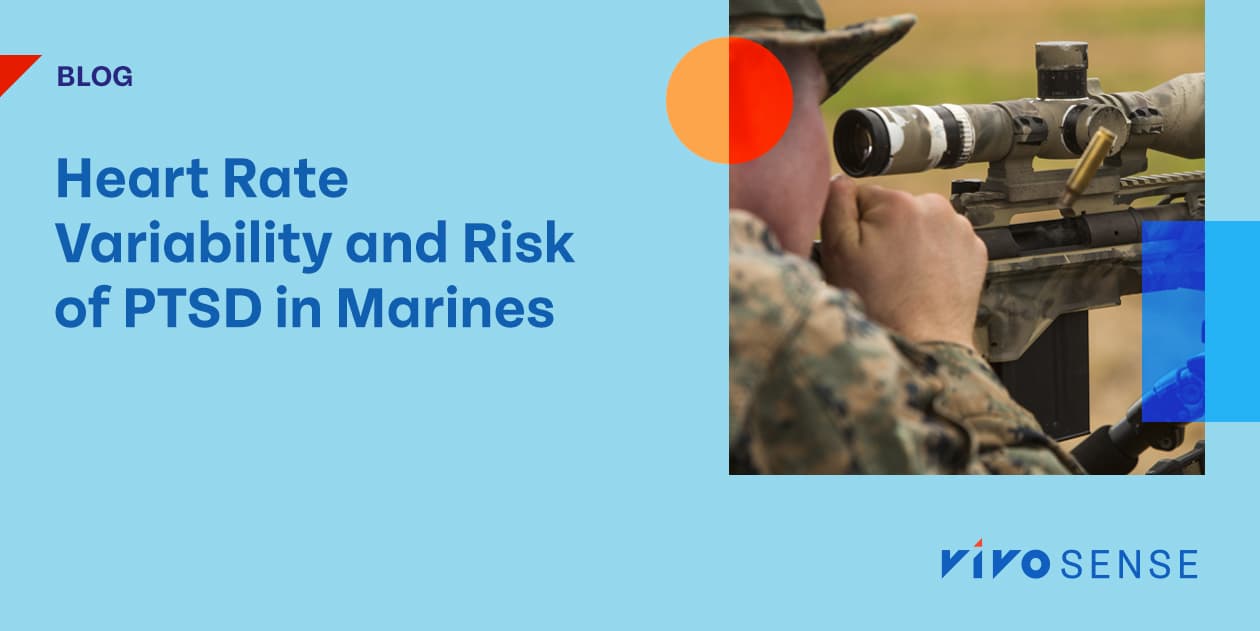VivoSense has been used for the HRV analysis in groundbreaking “Marine Resiliency Study”.

Our friends at UCSD department of psychiatry discovered that marines’ heart rate variability decreased after combat exposure and marines who had low heart rate variability prior to deployment were the ones most likely to come home with PTSD symptoms.
Low heart rate variability is a sign of stress while a high heart rate variability suggests a relaxed and healthy state.
VivoSense HRV analysis module was used to analyze the PPG signal from a pulse oximeter, identifying the peaks, managing the artifact and calculating the desired HRV measures. The paper can be found at http://archpsyc.jamanetwork.com/article.aspx?articleid=2436276 with details of how VivoSense was used in the methods supplement.
Dudley Tabakin
Dudley Tabakin, MSc. is Chief Executive Officer and co-founder of VivoSense and a fervent believer in “good data” over “big data” in the development of digital endpoints from wearable sensor technology.

